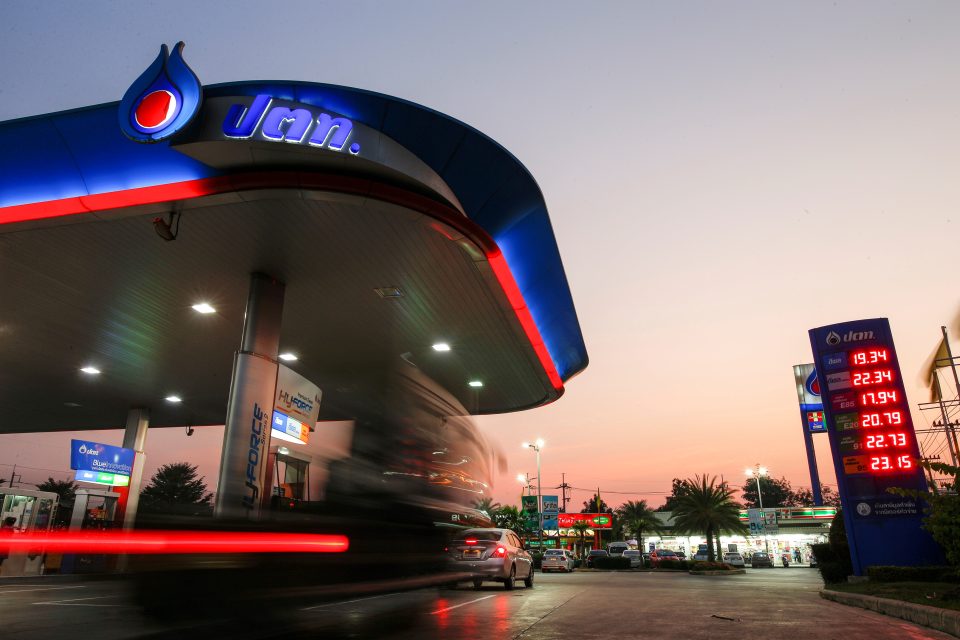Tax authorities and energy advocates are backing the Oil Fuel Fund Office’s (Offo) initiative to improve the management of the financially troubled Oil Fuel Fund, which may see the termination of its universal price subsidy programs for diesel and liquefied petroleum gas (LPG). This development surfaced during a public hearing regarding the 2019 Offo Act.
Participants in the hearing, co-hosted by Offo and Thammasat University, noted that a significant portion of the fund is currently allocated to assist households and businesses without clear criteria for identifying those in genuine need of subsidies. They expressed support for Offo’s intention to allocate funds more judiciously after Pornchai Jirakulpisan, head of Offo’s policy and strategy department, indicated that the office is considering targeting aid to specific groups to avoid accumulating excessive debt.
An oil trader from a foreign energy firm suggested that authorities should focus on particular groups for assistance, such as low-income earners, including motorcycle taxi and tuk-tuk drivers, emphasizing that not all fuel users require government subsidies. The trader also recommended that the government establish a clearer definition of a “fuel price crisis” to discern when subsidies for domestic fuel prices are warranted.
The trader further pointed out that fuel price subsidy programs have been extended regularly, as policymakers typically prolong the subsidy period beyond its expiration.
Bunchon Songsamphant, director for tax collection standards at the Excise Department, stressed the need for a balance between subsidies and the stabilization of the fund to improve spending control.
Offo is facing a growing financial burden, forcing it to seek bank loans and impose levies on gasohol consumers to support the subsidies aimed at mitigating the effects of global oil and gas price fluctuations on diesel and LPG users.
“This is unjust for gasoline users, who are required to pay high levies to subsidize diesel and LPG prices,” remarked Rosana Tositrakul, a former Bangkok senator monitoring state energy policy. “Gasoline users should receive some benefits from their elevated levy and tax contributions.”
Currently, buyers of gasohol 91 and 95 are paying a levy of 4.2 baht per liter and an excise tax of 5.85 baht per liter through the fund, according to Ms. Rosana.
Feedback from the public hearing will be taken into account by authorities for amendments to the Offo Act.





